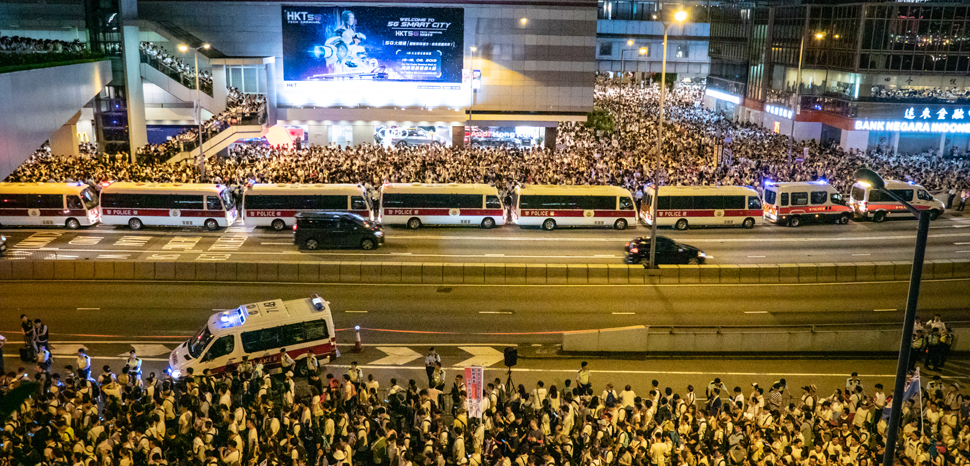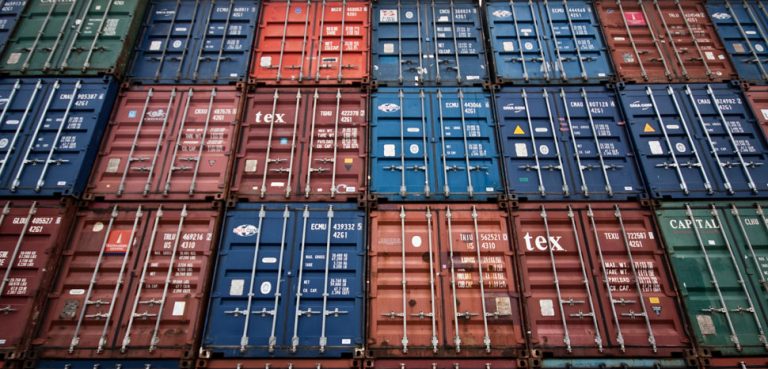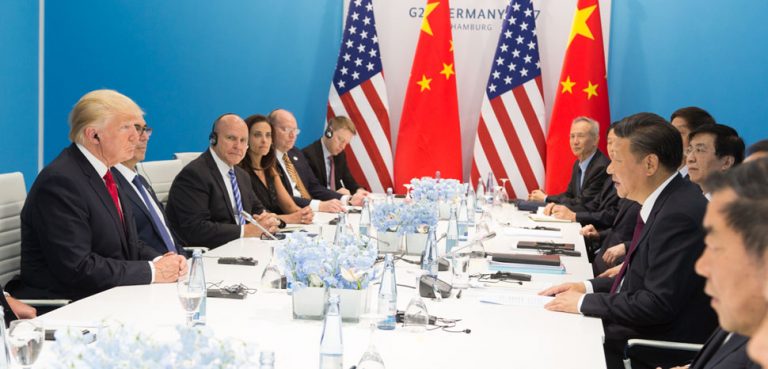Summary
Since the handover in 1997, Hong Kong has been a city torn between its legacy as a pseudo-democratic bridge between East and West, and its future within an authoritarian China. The territory’s past, exemplified by the rights and protections enshrined in its Basic Law, was meant to be respected by Beijing – at least for the 50 years originally promised.
It hasn’t exactly worked out like that.
Hong Kong has been essential to China’s historic economic rise. In 1997, the territory represented around 18.4% of China’s GDP; now that number is only about 3%. As Hong Kong’s relative weight shrunk amid a booming China, Beijing grew less inclined to indulge its unique status. The Chinese authorities began to assert their writ over the territory, sometimes with top-level initiatives such as the national security law of 2003, and others with grassroots forays like the crackdown on Hong Kong booksellers in 2018.
This has left a growing cohort of Hong Kongers worried about their freedoms and willing to take to the streets in order to defend them. We saw it in the pro-democracy “Umbrella Movement” of 2014, and we’re seeing it again with recent mass protests over the extradition law.




